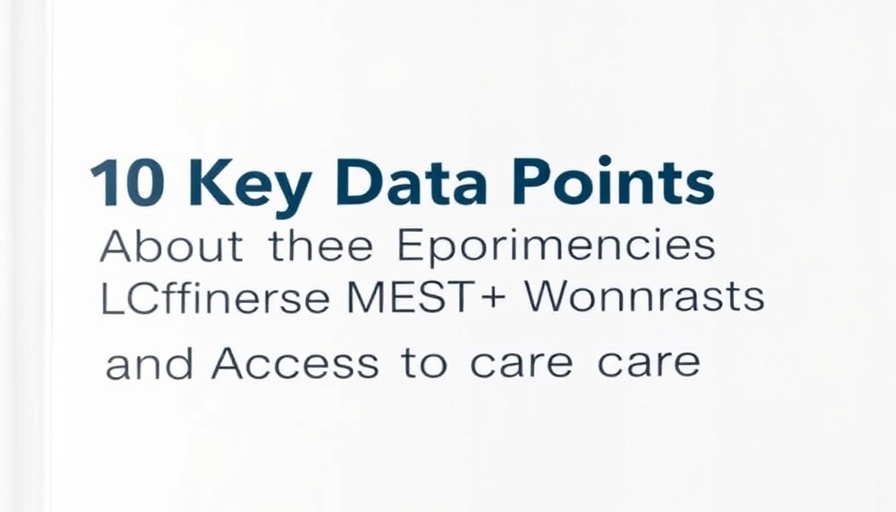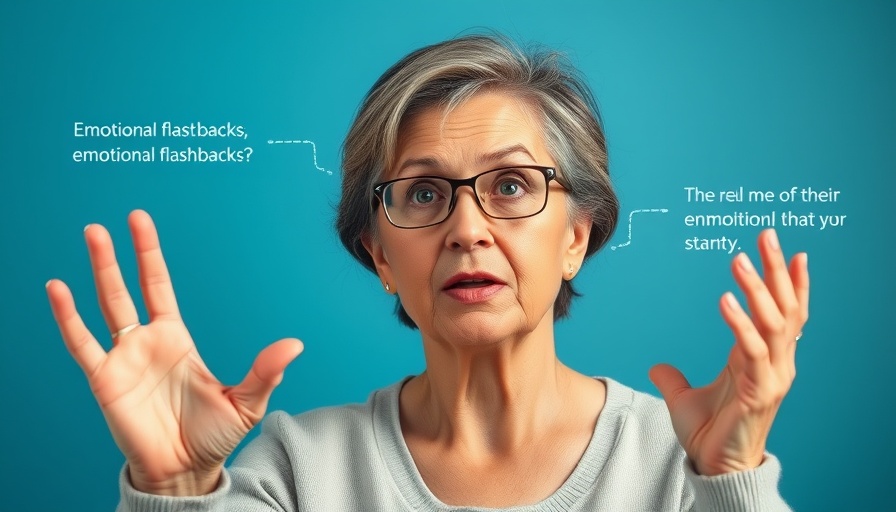
Understanding LGBT+ Women's Health Care Access
In the midst of ongoing discussions around health disparities, a recent study sheds light on the experiences of LGBT+ women in the United States. The report from the KFF Women’s Health Survey indicates that about 17% of women of reproductive age identify as LGBT+, with younger women aged 18-35 more likely to identify as part of this community. This statistic is crucial, as it reveals not only the prevalent identities among women today but also hints at an evolving social landscape where more individuals are comfortable sharing their sexual orientation and gender identity.
Demographic Insights: Age and Ethnicity
Interestingly, three in four LGBT+ women are under 35, illustrating a significant generational difference when compared to non-LGBT+ women. Additionally, while nearly 60% of these women identify as White, a noteworthy 20% identify as Hispanic. This ethnic diversity underlines the need for tailored health care services that recognize and respect these demographic nuances while striving for equity in health care access.
Health Care Access Challenges
A common finding is that even with a relatively young demographic, many LGBT+ women report health challenges. The study indicates that while most have a regular health provider, 31% do not, a figure that prompts a closer look at how care is accessed. Alarmingly, one in four LGBT+ women describe their health as fair or poor. This is notably higher than the non-LGBT+ counterpart, indicating a substantial need for improved health services and an elimination of barriers that impede effective health care for LGBT+ women.
The Role of Community and Support
Amidst these challenges, it’s vital to recognize the importance of community. Local organizations and grassroots initiatives play a pivotal role in fostering connections among LGBT+ women, providing supportive networks that can lead to better health outcomes. Engaging in community health initiatives is not merely beneficial; it is essential for building trust and ensuring that health care systems cater to the unique needs of this population.
Why This Matters to Everyone
Understanding the health care experiences of LGBT+ women is not just relevant to them but to society as a whole. As we move forward, promoting inclusive health care policies benefits everyone, strengthening the fabric of our communities. Everyone deserves access to quality health care, regardless of their gender identity or sexual orientation.
Call to Action: Let's advocate for better health services for LGBT+ women and support local initiatives that prioritize their health needs. By joining forces as a community, we can drive change and promote a more just health care system!
 Add Row
Add Row  Add
Add 




Write A Comment